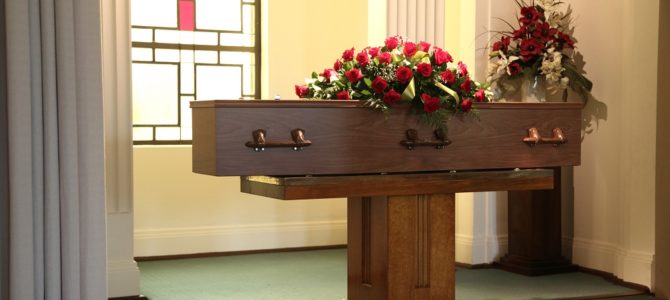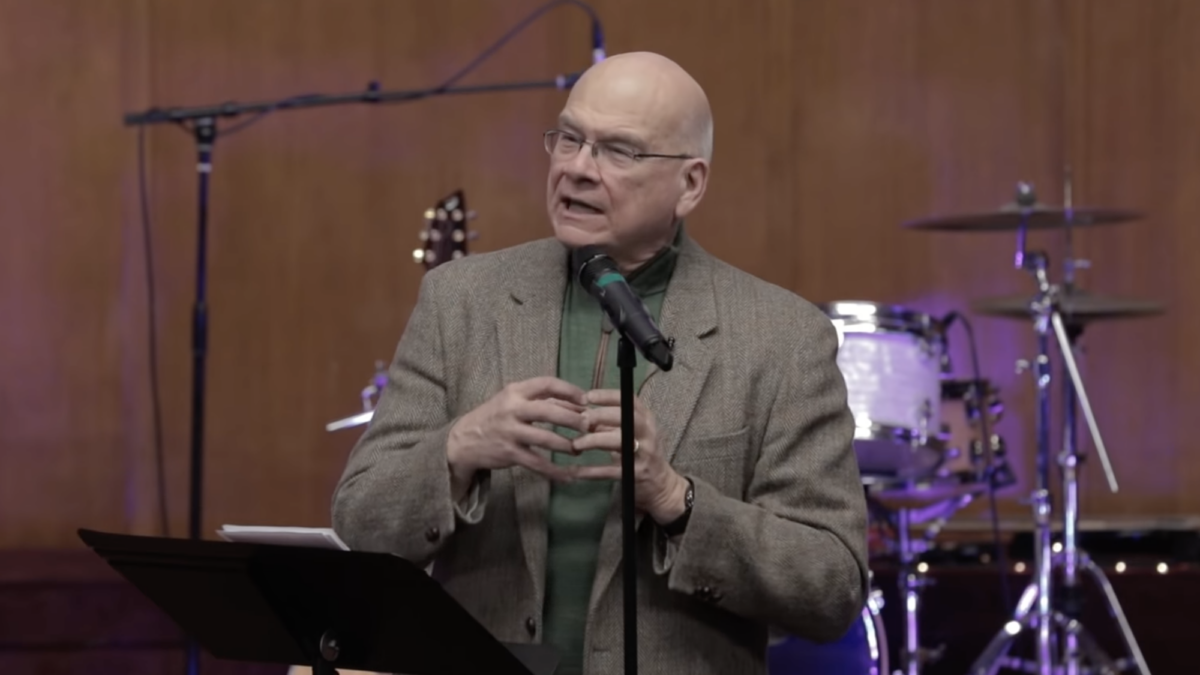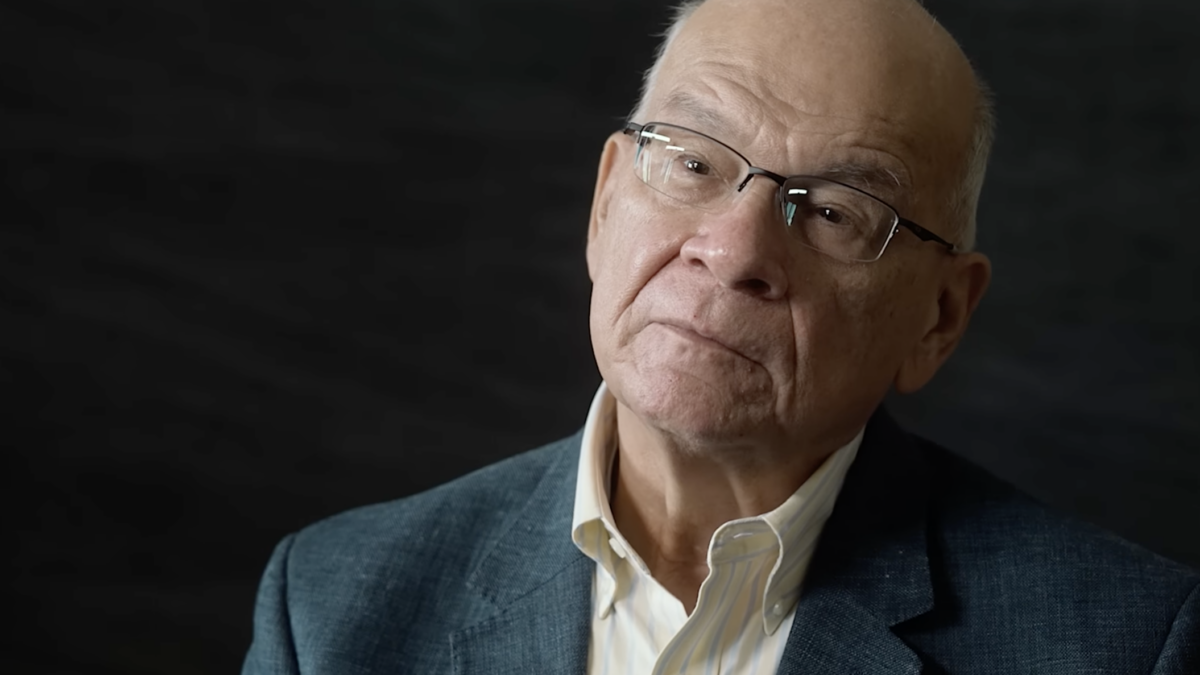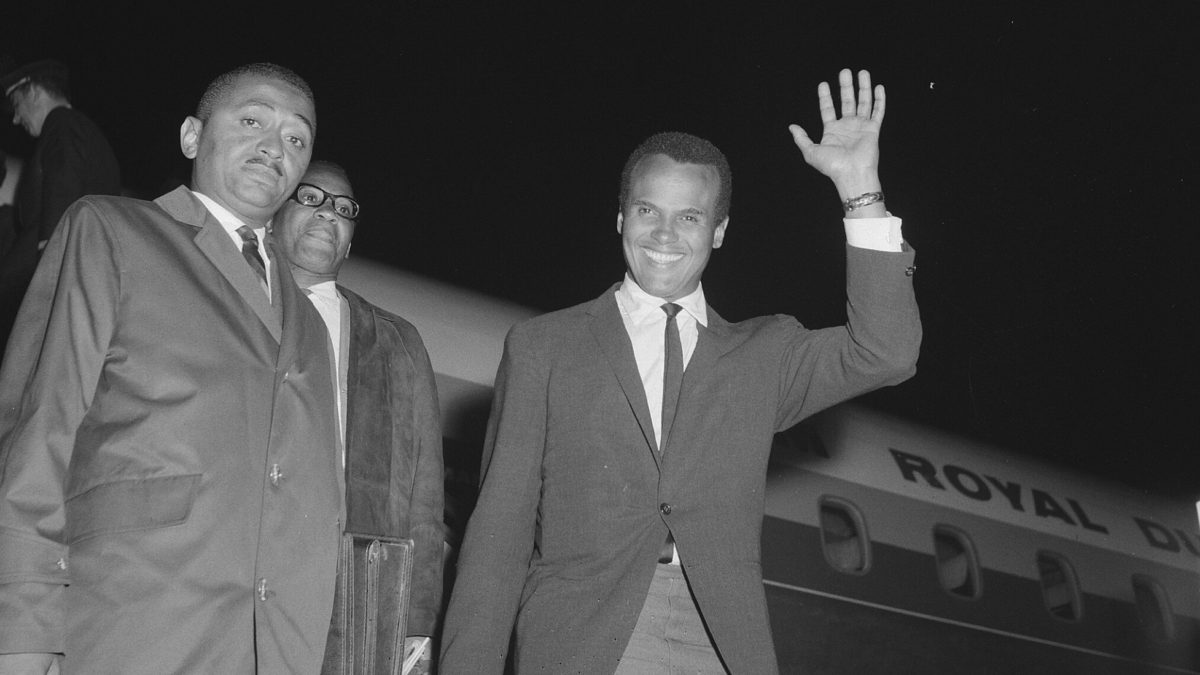
Two weeks before Christmas, one of my son’s classmates—let’s call him Austin—died suddenly. At 15 years old, he was gone. It wasn’t from the things that all too often take the lives of 15-year-old boys: homicide, suicide, drug overdose, motor vehicle accident. He died of a ruptured aorta. In other words, it was one of those things which you can’t screen for, prepare for, or prevent. His death felt pointless.
On December 28, The Federalist’s Bre Payton died, reportedly due to H1N1 influenza complicated by meningitis. I don’t know whether Payton received a flu shot—I’m not her doctor and it’s not my business—but even if she did, the flu shot regrettably isn’t 100 percent protection. It does improve your chances and is absolutely worth getting, especially if you have a chronic disease, but sometimes the flu slips past it anyway. Sometimes death is unavoidable, and it feels pointless.
The date of December 28 struck me. December 28 is observed by many churches as the “Feast of the Holy Innocents,” the young boys around Bethlehem slaughtered on the orders of King Herod, who hoped that he could destroy newly born king he had heard of from Eastern magi.
He failed, the child escaped, and this king hadn’t really intended to supplant him in the first place. Those boys died for nothing, other than to sate the jealousy and cruelty of a tinpot despot who wasn’t even a king in the customary sense, more of an administrator who ruled at the pleasure of Rome. If any death felt pointless, it had to be the deaths of those children.
Death and grief at Christmas are so common that some churches even have special services to acknowledge the hurt that many people feel at this time. They call them “Blue Christmas” services, and they attempt to provide comfort to those who grieve while still celebrating the birth of Christ. It’s a tricky balancing act but necessary for those whose sorrow makes the season anything but jolly.
When you look carefully at the Christmas accounts in Matthew and Luke, death is everywhere. Why were Mary and Joseph in Bethlehem in the first place? A tax. How do you suppose Rome would have responded if people refused to pay? It wouldn’t have been the presumption of innocence and a speedy trial by a jury of one’s peers. If it wasn’t death outright, it was a prison where death usually found you, quickly or slowly.
When Jesus was brought to the temple for presentation, a sacrifice was required. For Jews of meager means, the requirement was to bring “a pair of turtledoves or two young pigeons.” Sound familiar? “Two turtledoves….” We sing about them every year, yet their entire role in the account was to die. Speaking of the “Twelve Days of Christmas,” the partridge in a pear tree is, I’m told, a veiled reference to Christ on the cross.
Here we come to the point. Christmas is not about the sweet little baby in the manger. It’s about that same baby, grown into a man, being nailed to a cross. Isaiah 53 talks about how he has “borne our griefs and carried our sorrows.” Not just our sins but also our griefs. How is this possible?
I have a guess. The same Jesus who died for our griefs, because he was fully man, also rose and conquered death, because he was fully God. Yet, being still fully man, he not only demonstrates that it is possible for a man to conquer death, he provides the way for those who die in him to be confident that they, too, will have the same.
J. S. Bach understood this. He ended his “Christmas Oratorio” with a movement in D major (go to YouTube and look up “Nun seid ihr”). D major is the key used to express ebullience—think “Ode to Joy” or the “Hallelujah Chorus,” both in D major—and the orchestra plays a festive melody with a spectacular trumpet solo.
But if you listen to the chorale the choir sings, the melody is “O Sacred Head Now Wounded.” It’s a striking way to end a Christmas oratorio. Bach points out, in the clearest musical terms, the path from the manger to the cross to the empty grave. And the first empty grave is only the first grave to empty, for on the last day all graves will be empty—Austin’s and Bre’s and those of all whom we mourn at Christmas who have died under the covering protection of the Risen One.
When Austin died, the school did a lot of the right things to help the students process the loss they had suffered so unexpectedly: they brought in extra counselors, gave students the option to take a break from extracurricular activities for a day or two, and when the funeral procession drove past the school, all the students came outside to watch it go by and pay their respects.
There were also boards in the hallway where students could post memories or things they wished they could have said to Austin. They ranged from sweet—“You always made me laugh”—to poignant—“I’m sorry I teased you.” One stood out for its gut-wrenching sadness: “I feel guilty for your death.”
My friend, this death was one that the best doctors in the state were powerless to prevent, and you couldn’t have caused it even if you had wanted to. Whatever your offense against Austin may have been, he no longer holds it against you.
Learn from your mistakes, certainly, but don’t spend the rest of your life punishing yourself. That punishment has been meted out already, and there is no need to punish the same offense twice. A new life is yours, because this death — and your own, when it comes — is only temporary.









